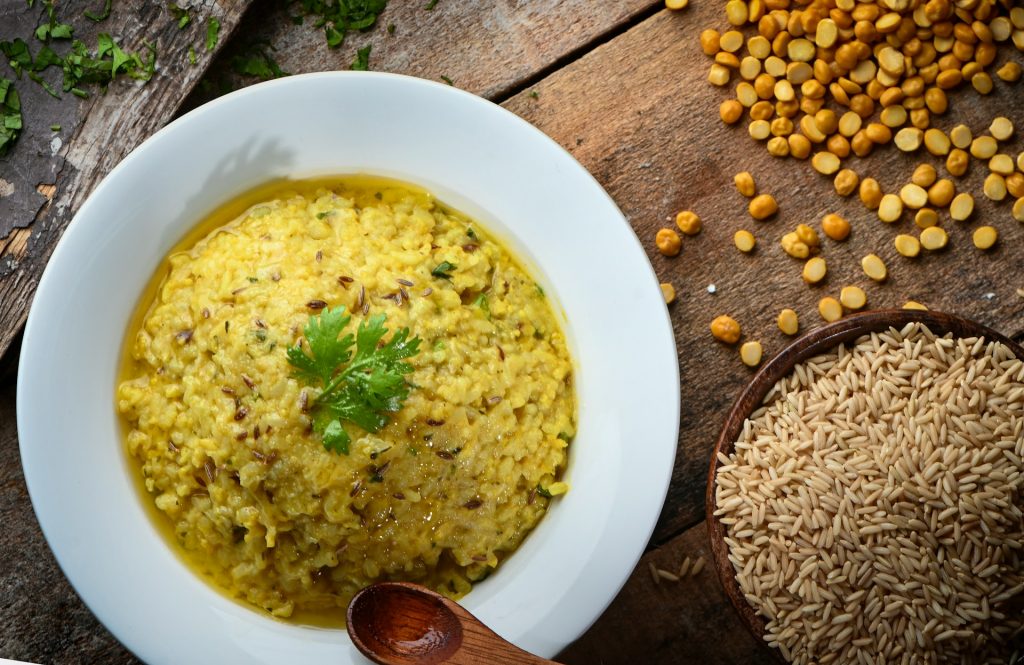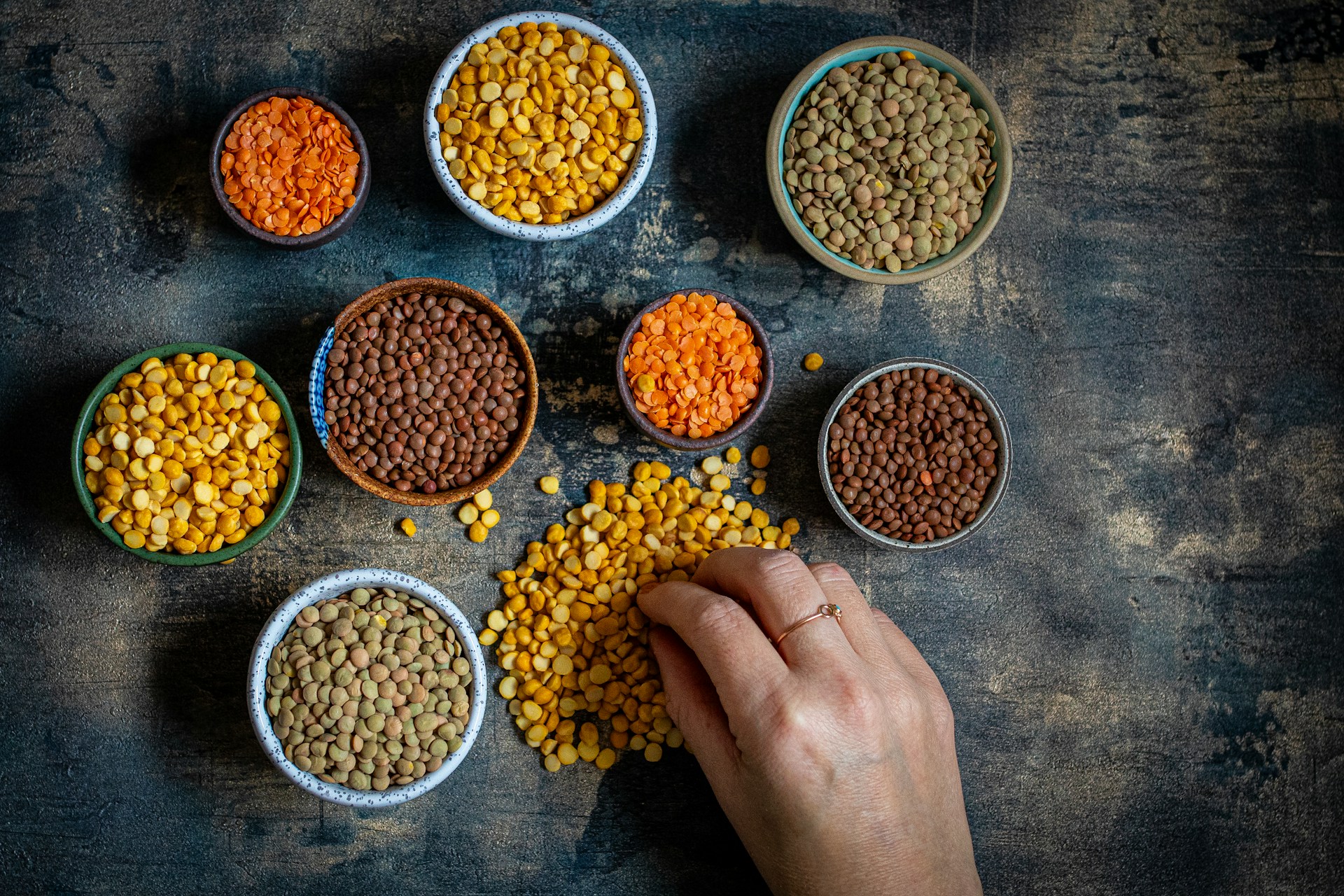Looking for a cost-effective, nutritious way to boost your protein intake? Beans and legumes are here to save the day! Packed with protein, fiber, vitamins, and minerals, they offer a fantastic alternative to meat, making them perfect for those on a budget, vegetarians, or anyone looking to improve their health. Here’s why you should include these mighty foods in your diet.
What Makes Beans and Legumes Great?
- Protein-Rich and Plant-Based
Beans and legumes are plant-based proteins that can help you meet your daily needs without breaking the bank. Just one cup of cooked lentils provides 18 grams of protein, while black beans deliver around 15 grams per cup. Compared to animal-based proteins, they’re lower in saturated fat and can be part of a heart-healthy diet. - High in Fiber
Besides protein, beans and legumes are loaded with fiber, which aids digestion, keeps you fuller for longer, and promotes a healthy gut. Chickpeas, for instance, have about 12.5 grams of fiber per cup. This combo of fiber and protein makes them perfect for keeping hunger at bay and supporting weight management. - Nutrient Powerhouses
These little gems aren’t just about protein and fiber. They’re packed with essential vitamins and minerals like iron, magnesium, folate, and potassium, which play key roles in overall health—boosting energy, improving heart health, and supporting muscle function.

(photo description: moong dal khichri is a dish in South Asian cuisine made of rice and lentils with numerous variations)
Affordable and Accessible
One of the best things about beans and legumes is their affordability. Whether you choose dried or canned, they’re a fraction of the cost of meat or protein powders. A bag of dried lentils or beans costs just a few dollars and can last for several meals, making them ideal for budget-conscious households.
Easy to Cook and Versatile
Beans and legumes are extremely versatile. Whether you’re whipping up a bean salad, adding chickpeas to a curry, or tossing lentils into a soup, they easily adapt to any cuisine. You can use them in burgers, stews, dips, or even baked goods, making it easy to sneak more protein into your meals.
Sustainable Protein Choice
Besides being nutritious and budget-friendly, beans and legumes are environmentally sustainable. They have a smaller carbon footprint compared to meat, and their ability to fix nitrogen in the soil helps reduce the need for synthetic fertilizers, promoting better soil health.
How to Add More Beans and Legumes to Your Diet
- In Salads: Add kidney beans, chickpeas, or black beans to your salads for a protein boost.
- In Soups and Stews: Lentils, split peas, and beans are perfect for hearty soups and stews.
- In Wraps or Burritos: Black beans or pinto beans make a great filling for wraps, tacos, or burritos.
- As Dips: Whip up some hummus with chickpeas or black bean dip for a nutritious snack.
Additionally, check out our previous articles on Top 5 Superfoods You Should Be Eating Every Day and Essential Nutrients for Boosting Mental Health, which also contains several references to beans and legumes!




Plant-Based Proteins For Athletes: How To Fuel Your Workouts Without Meat - Your Simplified Health
September 17, 2024 at 7:52 am[…] Legumes (Beans, Lentils, Chickpeas) […]